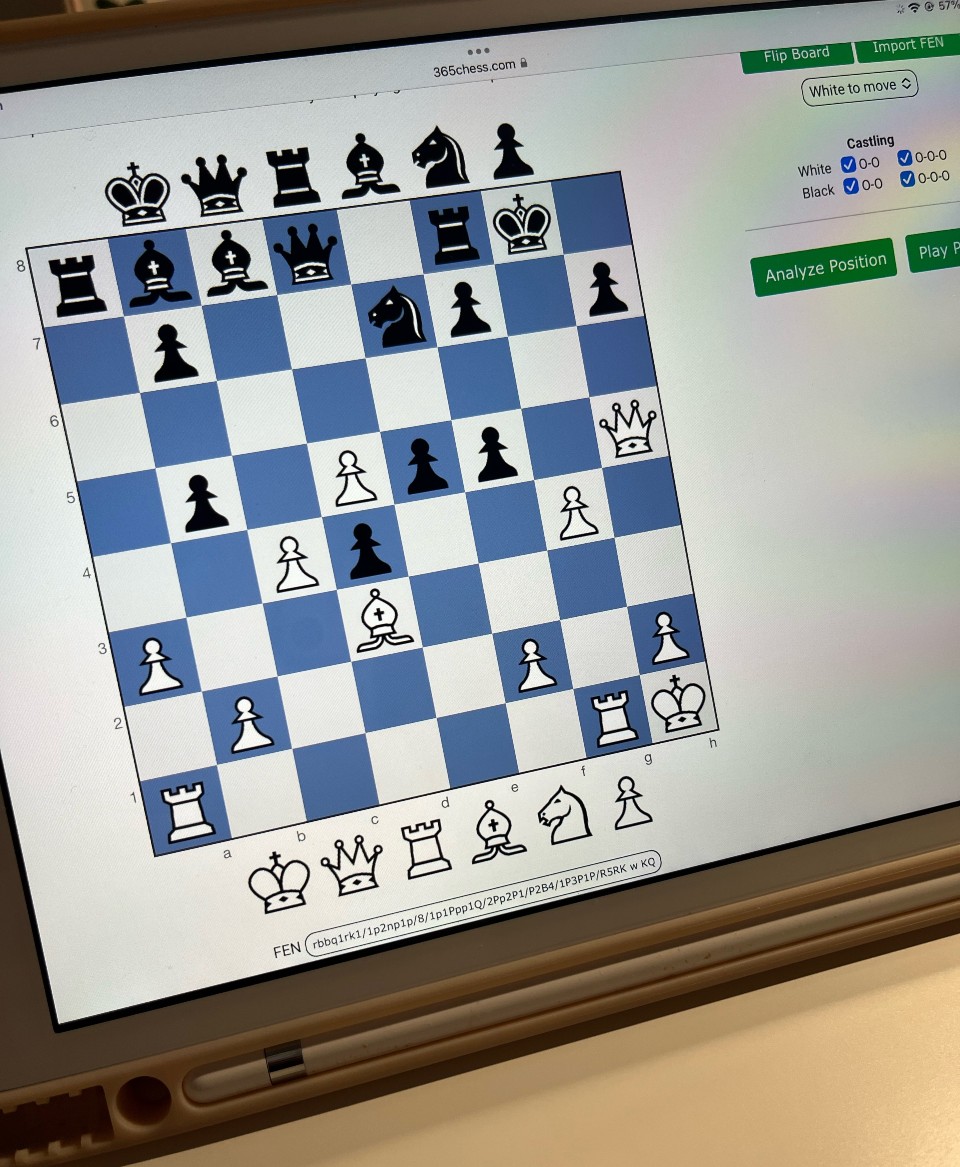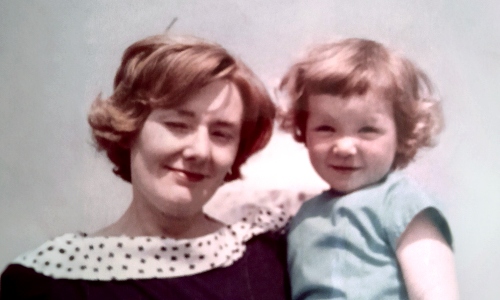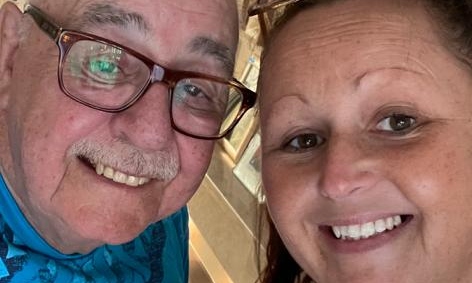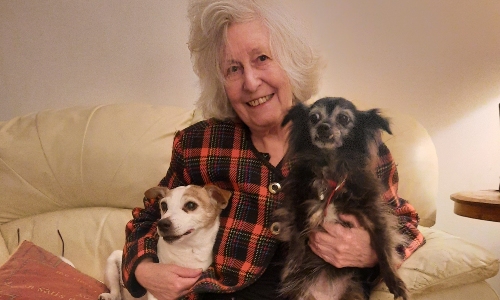The Age UK Telephone Friendship Service supports regular conversations between a lonely older person and a volunteer befriender. These calls can be an opportunity to check in with one another, discuss shared experiences, or to set the world to rights with a cuppa.
But as we recently found out, some use their calls for other, more instructional purposes that bring the new friends closer together.
It all began when Caitlin, 21, saw the opportunity to volunteer for the telephone friendship service advertised at her university. She had lost her grandfather a year-and-a-half earlier and missed her time with him, as well as having a grandfather-like figure in her life.


“I’m not filling a place or anything, but just having that connection you used to have is really nice,” explains Caitlin. She therefore decided to volunteer as a befriender, and in November 2022 she was paired with Sydney, a member of the Age UK Telephone Friendship Service. “It’s expanding horizons,” says Caitlin of why she signed up. She was about to find out just how true that is, by learning chess… over the phone.
Finding the missing piece
Some things are easy to teach someone over the phone, if the instructions are straightforward and the other person can jot things down.
But what about teaching someone chess - a game that's relatively easy to learn in-person (though very difficult to master)? Surely not being able to see the person who’s teaching you and without any visual cues, it’s a near impossible task..?
Not so for Sydney and Caitlin, whose patience for teaching and learning the game once described as “the gymnasium of the mind” has meant they can now do battle on a weekly basis.
Caitlin admits it was a slow start between her and Sydney during their early chats. For her, the remoteness of not being able to see Sydney took some getting used to. Although service volunteers and older people are paired based on similar interests and experiences, Caitlin and Sydney’s early conversations were a little awkward for both, as they got to know one another, their lives and what makes them tick.
Sydney seemed reluctant to speak much about his personal life, and Caitlin found she hadn’t heard of many of the TV shows Sydney mentioned being a fan of, so they worked to find common ground.
Mastering the moves

Conversation started flowing when Sydney began discussing his passion for chess. He’d played as part of a club for many years, and hearing him speak about it intrigued Caitlin, who’d never played before.
Having not had many people to play against in recent years, Sydney suggested he teach Caitlin, which she was enthusiastic about. Sydney began by telling Caitlin about the rules of chess, what each piece does, and the many different moves. After this initial period of tutoring, they began playing some proper games.
To see the moves the other was making, Sydney would play on his chess computer, while Caitlin would use an app on her iPad. “I think Sydney really liked being able to teach his skills to someone else,” says Caitlin. “He was really good at chess when he used to play. He still is.”
As well as both Sydney and Caitlin benefiting from this dynamic, as teacher and student respectively, their games continue to provide a forum for the duo to discuss everything else. There are many quotes about what chess can teach us about life. One famous one says that ‘life is like a game of chess. To win you need to make a move’. Both Sydney and Caitlin took a leap of faith in signing up for the service, and for persevering with their calls, and are now relishing the benefits of the close dynamic it has brought them.
“I’m honoured to have Sydney teach me,” says Caitlin, looking forward to their next game and chat.





